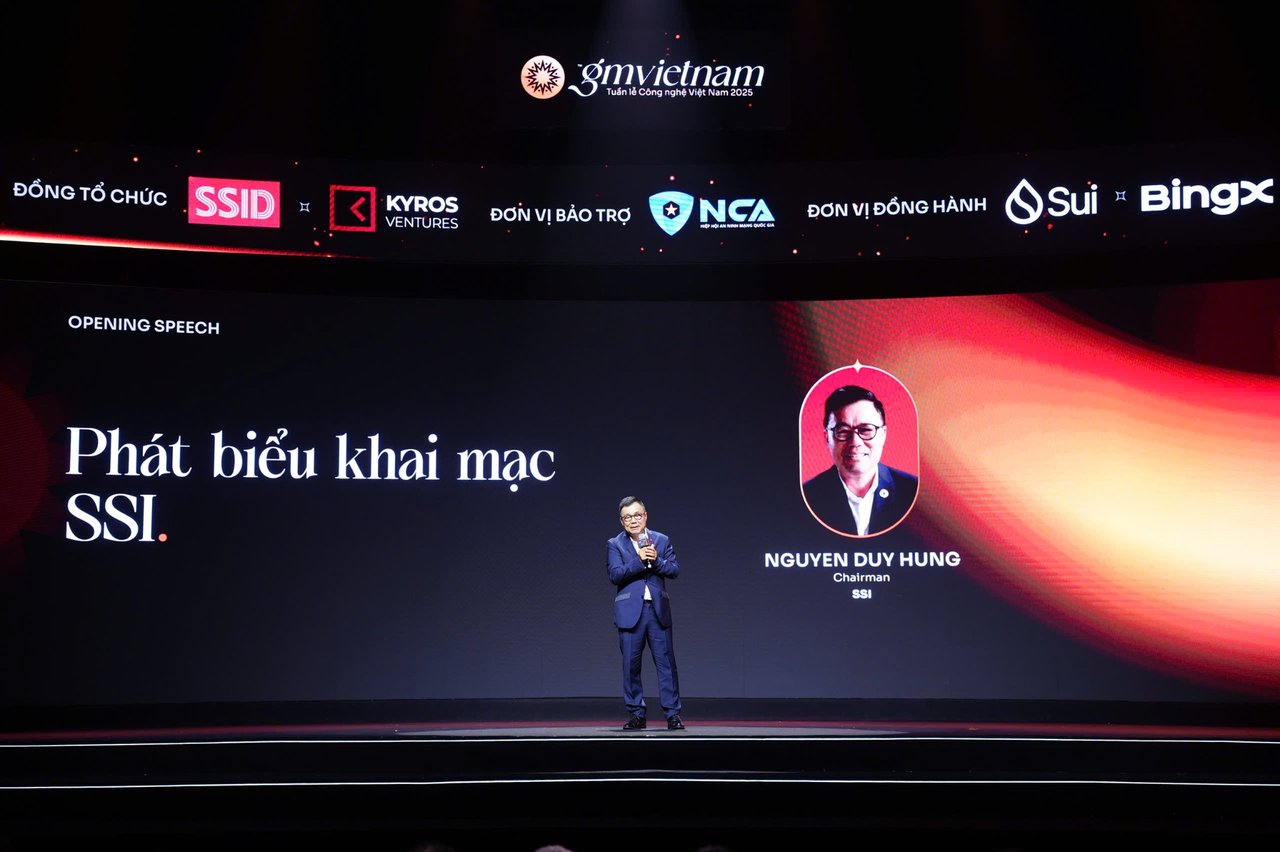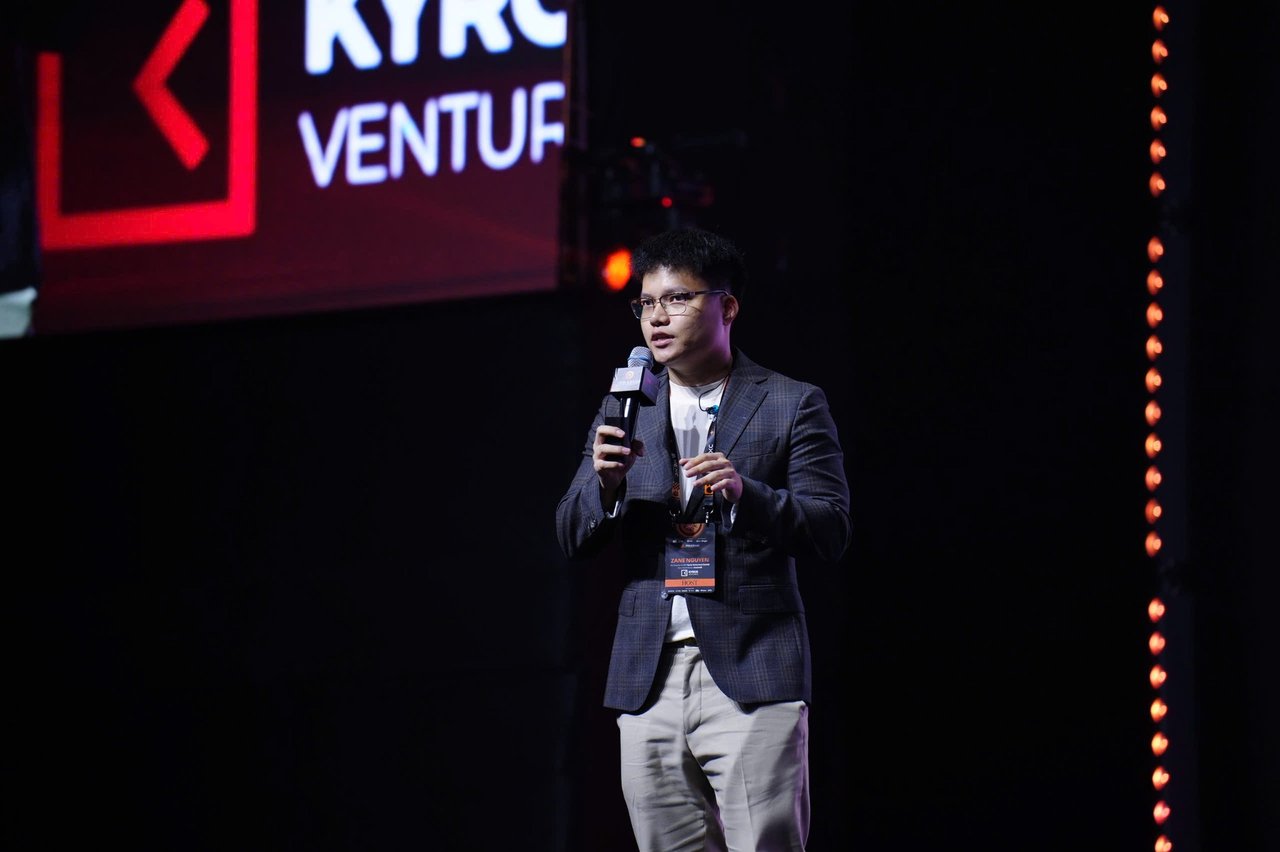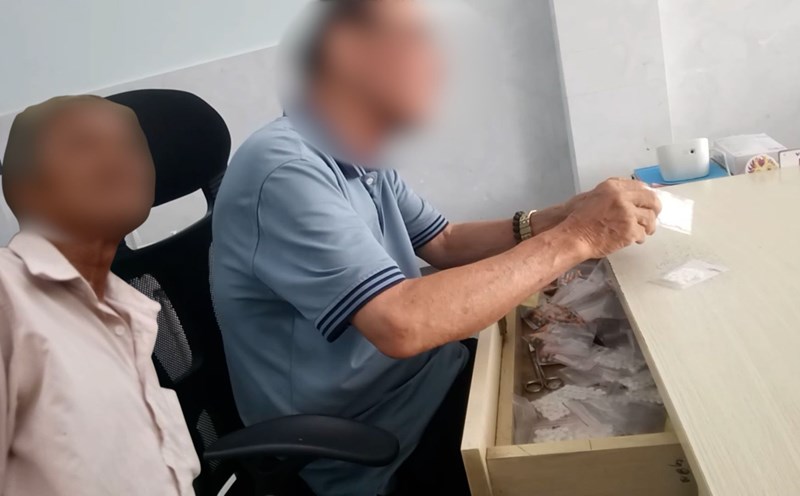New generation of citizens needed in the digital economy era
At GM Vietnam 2025 - a blockchain and digital asset event organized by SSI Digital and Kyros Ventures on August 1 - 2 in Hanoi - business leaders, technology and management agencies all agreed: Vietnam is facing an important moment to position its role in the global digital economy. That requires a transparent legal framework, an open technology ecosystem and a generation of brave, global digital citizens.
Speaking at the opening ceremony, Mr. Nguyen Duy Hung - Chairman of the Board of Directors of SSI Securities JSC emphasized: "We are entering a new era, so we need a new generation of citizens, who will later become the core force leading the economy. I think they are not necessarily the top of corporations, or appearing on rich charts. They can be young people who are tired of programming in the garage, working at a coffee shop, or even sitting next to a computer in a small net shop. But they are the seeds for the future.
Mr. Hung said that GM Vietnam 2025 with the participation of many traditional financial institutions, technology companies, exchanges and large investment funds, hundreds of startups and young people, has proven that: Vietnam has become a strategic destination for the global blockchain community and digital asset technology.

Three major policies to promote the digital asset market
From the perspective of currency authorities and payment infrastructure managers, Mr. Pham Tien Dung - Deputy Governor of the State Bank, Vice President of the National Cyber Security Association said that Vietnam is having a clear strategy and plan to develop blockchain associated with cybersecurity requirements.
Mr. Dung affirmed the current consistent viewpoint that digital assets are not currencies, because if they are identified as currencies, many legal constraints will limit the space for creation and testing. Identifying digital assets as a legal asset is the right step, in line with international trends.
cybersecurity here is to ensure the safety of all participants in the blockchain ecosystem from users, developers, to exchanges and financial institutions, he said. Although this topic is difficult to discuss in depth in a few sessions, it is indispensable if we really want to build a sustainable digital asset market.
Mr. Dung clearly stated three policy events that have been a turning point in recent times. Firstly, the National Assembly has passed a Resolution on the development of financial centers, emphasizing the role of innovation and specialized exchanges for digital assets. According to him, digital assets currently include both guaranteed and unsecured assets - requiring different monitoring and management methods.
Second, the Ministry of Finance has submitted to the Government a Resolution on piloting a cryptocurrency asset trading floor, laying the foundation for the formation of a transparent and controlled digital asset market.
Third, the Law on Digital Technology Industry has been officially passed, clearly establishing the legal definition of digital assets for the first time, creating a legal basis to expand the application of technology in governance and development of the digital economy.
Regarding policy mechanisms, Mr. Dung emphasized the role of Resolution 57 in "paving a legal path" for innovation activities, thereby helping to remove barriers for new technology models.
He also especially acknowledged the role of young people in digital transformation of the banking industry, affirming that the class of engineers, developers and technology startups is the core force contributing to the growth of the finance - banking industry in particular and the economy in general.
New opportunities for Vietnam
Raising the issue from the market and technology enterprises, Mr. Thuat Nguyen - Founder of Kyros Ventures, acknowledged that the changes in the past few years have not only come from capital flow or technology, but mainly from changing awareness from both society and management agencies.

Once labeled as sensitive, blockchain is now officially called a digital asset, and can be owned, protected, and identified within a legal framework, he said.
Mr. Thuat said that from 2022 onwards, blockchain projects founded by Vietnamese people have begun to be internationally recognized, both in technology and scale.
Vietnam currently possesses three special advantages: competitive costs, young human resources and high adaptation speed. He cited: universities such as University of Science and Technology, FPT, RMIT... have started training in blockchain, while Vietnamese startups can operate global products at a small cost compared to competitors in Singapore or Hong Kong.
We are not waiting for miracles, but for open policies so that ideas have the opportunity to grow in the right direction, he said.











